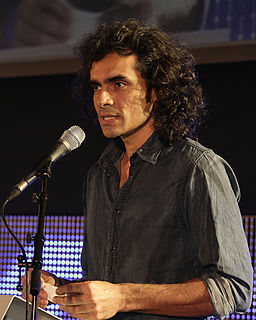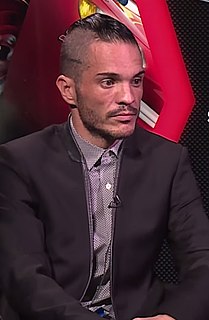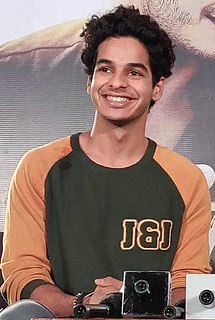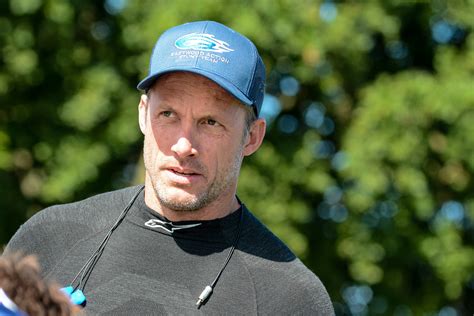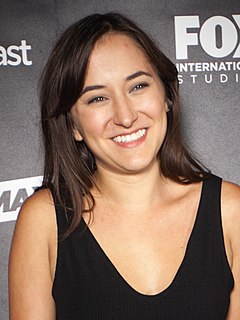A Quote by Imtiaz Ali
Sometimes I don't know whether a movie has been shot on film or in digital when I watch it in the theatres.
Related Quotes
If you need to strap a camera to you or get in a small space, then it makes sense to use digital.I do think it is possible to use a digital camera artistically, but it can only be good if you are using film technique. Film has grain, and digital has pixels, and there is not that much of a difference, but digital does not replace the need to create a scene and light it properly and spend time considering the shot.
The worst thing that can happen is when you have gone weeks and months into elaborate sequences and the storyline of the film changes and you find out they don't need it. Sometimes you don't shoot those sequences, or they have been shot and then get edited out of the sequence you've shot gets changed and needs to be redone. That can be hard. It's not heartbreaking, but you do tend to think, "Och, all that work and effort." But that's filming, you know? You put all of these modular things into the pot, and sometimes they don't all get used.
Being a part of independent-film world, the independent-film community, that's what you do. You support each other. If someone's doing a movie and you trust them, you roll the dice. Sometimes it's gonna be good, sometimes it's gonna be something that's like, "Oh I don't know what the hell that is." But I've been more fortunate than not to have it work well.
Some day we're gonna have interactive television where you can pick the shot that you want. You can watch defense, or you can watch the end-zone shot, or you can watch an isolated shot of Terance Mathis or whoever you want to. Because right now, the only thing that you watch is what the producer or director decides to show you.
We [me and Alex Kendrick] had our pastor's blessing back in 2013 to launch out, and so we shot [ War Room] last year, in 2014, but we still had the church pray over us , before the movie hit theatres, and the pastor was asking God to bless the film, and so we're very excited about what's happening .
